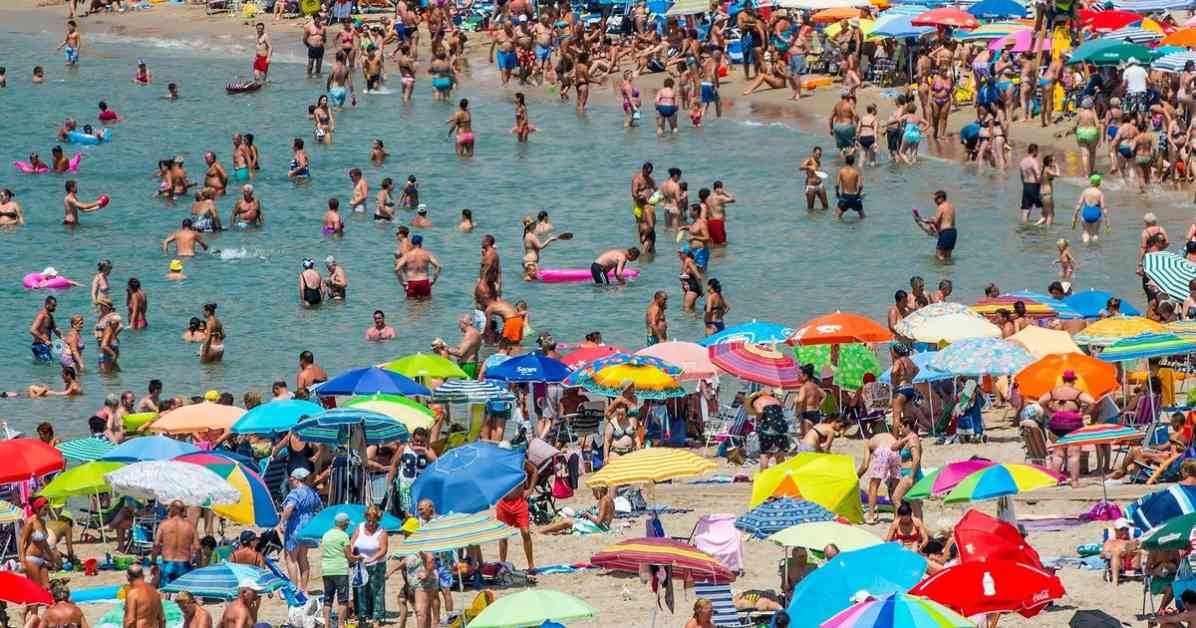Spain Implements New Rules for UK Tourists
Spain is preparing for a significant change in its tourism regulations as new rules for UK holidaymakers are set to go into effect next week. The Royal Decree 933/2021 mandates that private rental accommodations and hotels must collect sensitive ‘reservation data’ from guests. While the Spanish authorities argue that this measure is necessary to enhance national security, there is growing concern among industry players and tourists about potential privacy infringements.
Industry Players Express Disapproval
The directive impacts both local and international tourists, leading key industry players such as the Tourism Council of the Spanish Confederation of Business Organisations, FETAVE, UNAV, and ACAVe to voice their disapproval. These organizations warn that the new regulation could have disastrous consequences for Spain’s tourism industry, labeling it as an unworkable mandate. CEAV has specifically called for amendments to the legislation to ensure the competitiveness of the Spanish tourism sector and prevent an undue burden on companies in the industry.
Concerns from Hoteliers
The Spanish Confederation of Hotels and Tourist Accommodation (CEHAT) has also expressed concerns about the new rules, highlighting the confusion surrounding the required data and the submission process. Hoteliers are worried about the increased manual work and potential errors that could result from complying with the regulation. Additionally, the Spanish Ministry for the Interior has announced plans to tighten surveillance on guests at hospitality venues, further raising concerns among hoteliers about the added responsibilities for their already overstretched staff.
As the October 1 deadline approaches, there is a sense of uncertainty and unease within the Spanish tourism industry. Hoteliers are grappling with the logistical challenges of implementing the new rules while trying to maintain a positive guest experience. Tourists, on the other hand, are left wondering about the implications for their privacy and security during their stay in Spain.
Overall, the implementation of these new rules has sparked a contentious debate between government authorities, industry players, and tourists. While national security is undoubtedly a top priority, finding a balance between security measures and privacy rights is essential to ensure the sustainability of Spain’s tourism sector. As the situation continues to unfold, it remains to be seen how the industry will adapt to these changes and how they will ultimately impact the overall tourism experience in Spain.












